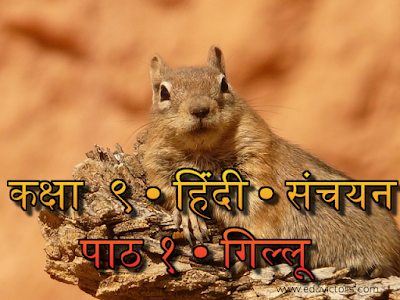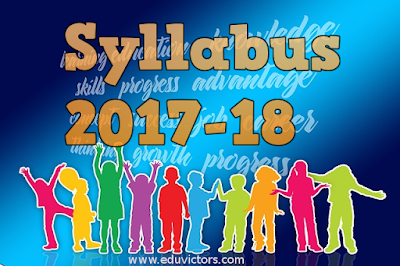पाठ १ - गिल्लू
कक्षा ९ - हिंदी - संचयन
उत्तर : गिल्लू को सोन जूही की लता सबसे अधिक प्रिय थी | जब उसकी मृत्यु हुई तो उसको उसी लता के नीचे समाधि दे दी गई | सोन जूही में लगी पीली कली को देखकर लेखिका को लगा कि गिल्लू कली के रूप में प्रकट हो रहा है|
प्र २: पाठ के आधार पर कौवे को एक साथ समादरित और अनादरित प्राणी क्यों कहा जाता है?
उत्तर: हमारी संस्कृति में पूर्वजों को बहुत महत्व दिया गया है | मान्यता है पितृ पक्ष में पुरखे ना गरुड़ के रूप में आ सकते हैं, ना मयूर के, ना हंस के | हमसे कुछ पाने के लिए कौवे के रूप में आना पड़ता है| श्राद्ध के दिनों में कौय को आदर दिया जाता है| लोग इन दिनों सबसे पहले कौवे को भोजन देते हैं तब कौवा समादरित प्राणी है| इसके विपरीत कौवे की काँव-काँव कर्कश स्वर में होती है तब वह अनादरित प्राणी माना जाता है|












